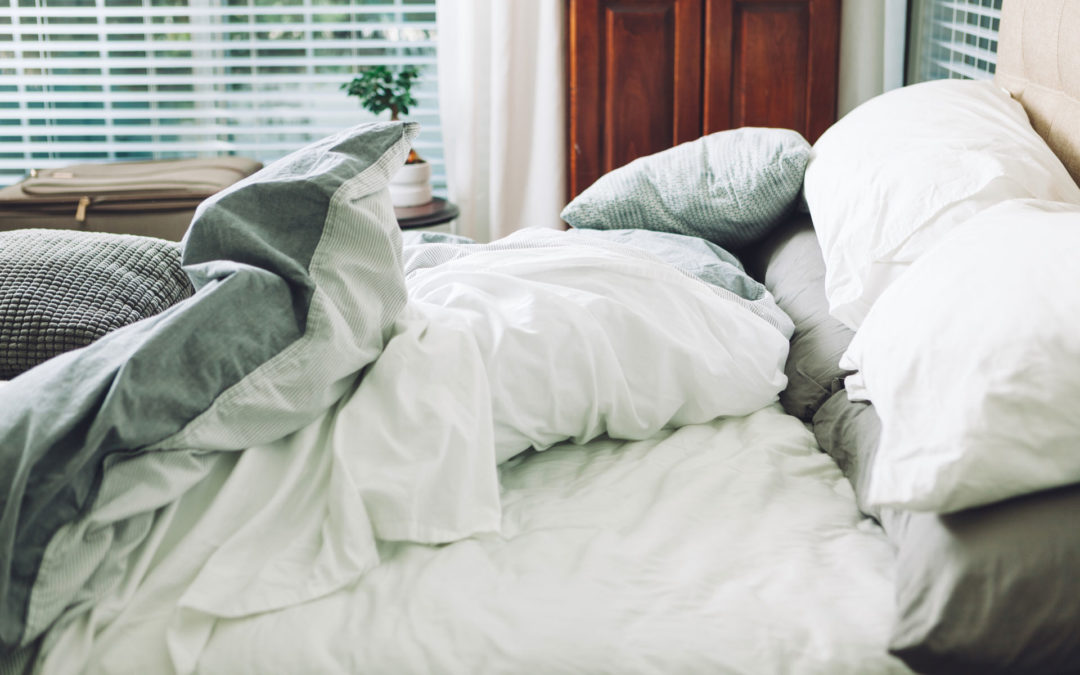Bed bugs are the scourge of hotels and homeowners alike, as they’re often extremely difficult to get rid of. They’re small pests that live off the blood of humans and animals, and they can cause itching and rashes. They can also transmit parasites that can cause the deadly Chagas disease, which kills about 50,000 people per year globally. And while they’re usually found in mattresses, if left unchecked, bed bug populations can spread to other parts of the house.
Luckily, there are some steps you can take to protect yourself and your family should you find bed bugs. Let’s take a look at some of them.
How do you know if you have bed bugs?
Bed bugs are small and sometimes hard to see with the naked eye, so it’s important to recognize the signs of a bed bug infestation. The first sing you’re likely to notice is red marks on any skin that was exposed at night. These marks may not cause any problems at first, but will likely become itchy welts later on (you can treat them with calamine or hydrocortisone lotion to reduce itchiness). Other signs include:
- Blood spots on pillow cases or sheets
- Dark spots from bed bug excrement on sheets, mattresses, the bed frame, clothes, or even the wall
- Bed bug egg shells or shed skin in nooks and crevices (where they like to hide)
- A musty odor (a product of the bug’s scent glands)
Burn the mattress?
Now, the first reaction to finding out you have bed bugs might be to burn your mattress—if not your entire house (similar reactions to spiders are quite common). While you might have to get rid of your mattress, never fear—your house is safe.
Joking aside, it’s usually best to dispose of any mattress that exhibit signs of an infestation. The bugs will burrow under the surface of the mattress and lay eggs, making it nearly impossible to treat. Any bedding or clothes that have been exposed, however, are salvageable. Simply wash and dry them on the highest temperature settings possible. That should kill any larvae or eggs.
Clean Like You’ve Never Cleaned Before
Because bed bugs can spread out, it’s a good idea to thoroughly clean the area around the infestation as well as other parts of the room. That includes washing any curtains near your bed, stuff animals, or other materials.
It’s also a good idea to thoroughly clean your bed (including the frame) and surrounding areas. If you have carpeting, we highly recommend a steam cleaning, which will kill and vacuum up any larvae and eggs. Lastly, remove any clutter from around your bed. Basically, the clearer your area the fewer places bed bugs will have to hide.
Call a Pro!
Unfortunately, there aren’t many off the shelf insecticides that are effective against bed bugs and that are safe for use in the bedroom. That’s where a professional exterminator can come in handy. We use specially formulated chemicals to safely treat infested areas, ensuring you’re free of bugs but also healthy.
If You Have Any Major Pest Infestations, Call A Pest Control Professional
If you think you have a bed bug infestation, give us a call. We’re happy to take a look and suggest an appropriate treatment.


Thank you for mentioning how the presence of itchy, red marks on your skin can indicate that you have bed bugs. My wife has been scratching her upper thigh more often than usual, and I am worried that we may have brought a pest home with us when we went on vacation last weekend. Perhaps I should consider hiring a bed bug treatment service that can help us.